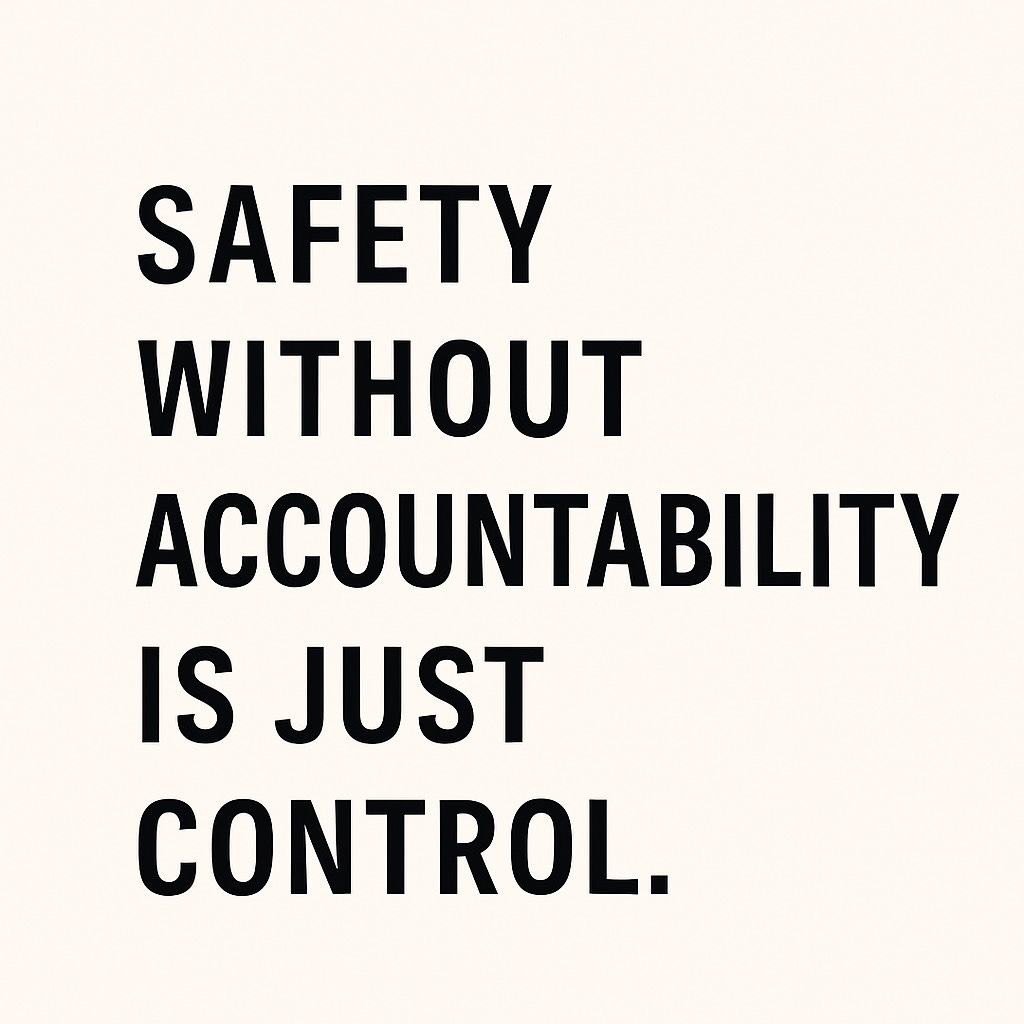When “Safety” Becomes Impunity: Why Flying Is Now a Waiting Game of Crew Mood
Flying used to be an inconvenience. Now, for many passengers, it’s a risk. Not because of mechanical issues or unruly passengers, but because of a growing imbalance in authority—one that has turned flight crews into unquestionable enforcers and passengers into conditional guests. This isn’t about violence on planes. It’s about the ordinary people being removed from flights for reasons that barely hold up under scrutiny. It’s happening quietly, frequently, and with almost no accountability.
After the pandemic, airlines adopted a “zero-tolerance” policy toward unruly behavior. The original intent was to crack down on violent outbursts, particularly those involving mask mandates or flight disruptions. On the surface, it worked. Physical assaults and extreme incidents dropped. But underneath that progress, something else took hold: total discretionary power. Flight attendants were given the authority to remove passengers with no requirement to justify the decision beyond claiming they felt unsafe. In practice, this has allowed subjective irritation or personal offense to become grounds for ejection. No proof required. No process to appeal.
The result is a disturbing new pattern. Passengers are being removed for asking logistical questions, shifting bags, filming their own experiences, or simply existing in a way that a crew member found uncomfortable. There are cases of travelers being ejected without being addressed directly, without violating any written policy, and without being given a clear explanation. Once the captain signs off on the request, it becomes final. The passenger is out. There is no mediator, no witness, no accountability. The crew member’s feeling is the only thing that matters.
This is where the distortion begins. “Safety” is no longer about real threats—it’s about protecting authority from being questioned. When a flight attendant feels annoyed, inconvenienced, or disrespected, they can label it as a safety issue and remove the passenger with full institutional support. That’s not about safety. That’s about power being shielded from accountability. We have inflated the definition of risk so far that discomfort now counts as danger. This shift mirrors broader cultural trends, where terms like harm, regulation, and respect are increasingly used to silence opposition rather than address real danger.
At the same time, the role of the customer has been quietly rewritten. You’re no longer viewed as someone worth serving—you’re viewed as someone to be managed. Airlines aren’t protecting their passengers anymore. They’re protecting themselves from incident reports, liability, and anything that disrupts the flow of operations. That means if there’s even a minor conflict between a passenger and a crew member, it’s faster and safer—for the airline—to remove the passenger than to resolve the situation. The incentive is clear: eliminate the variable. Even if that variable is just a person asking a question.
The deeper issue is that emotional power now outweighs objective evidence. A crew member doesn’t need to cite a policy violation or present facts. All they have to do is say, “I felt unsafe.” That phrase has become the final word. And in a world where perception is treated as truth, there’s no room for facts to matter. You can be calm, polite, and respectful—and still be ejected—because someone else didn’t like the way you made them feel. This isn’t protecting safety. It’s institutionalizing subjectivity as law.
To make it worse, the removal process is often designed to humiliate. Passengers aren’t just escorted off quietly. Their names are sometimes announced over the speaker. The reasons are often exaggerated. And with phones rolling and narratives spinning before they can speak, the public almost always assumes guilt. People don’t ask what really happened. They assume that if someone was removed, they must have deserved it. The result is not just removal—it’s public shaming. You aren’t just off the flight. You’re branded in front of a plane full of strangers, and sometimes, a million online viewers.
None of this is about improving flight safety. It’s about protecting a power structure that can no longer be questioned. In giving flight attendants unchecked authority, we’ve built a system where anyone who challenges or inconveniences them can be silenced or removed without recourse. There’s no oversight, no formal review, and often no compensation. You may be refunded, you may not. You may be able to fly again, or you may be permanently banned without warning. You’ll likely miss your event, your connection, or your final chance to say goodbye to someone. And no one will be held responsible.
There are clear, practical solutions. An independent review board could be established to evaluate all in-flight removals within 48 hours. Body cameras could be required for any ejection, ensuring there is an objective record. Airlines could be required to provide a written explanation of the removal to the passenger, delivered at the gate. If a removal is later deemed unjustified, the airline should issue a same-day refund and pay for rebooking and lodging. These aren’t radical demands. They’re basic steps toward balancing power with responsibility.
This issue isn’t about a few bad actors or isolated experiences. It’s about a system designed to absorb and protect authority, regardless of how it’s used. The public has been taught to accept any behavior from the crew, no matter how disproportionate, as long as it’s framed as safety protocol. But safety without oversight isn’t protection—it’s control. It isn’t lawfulness—it’s authoritarianism in practice.
Passengers are not always right. But they are still human beings. And in today’s airline system, being human is exactly what puts you at risk.




